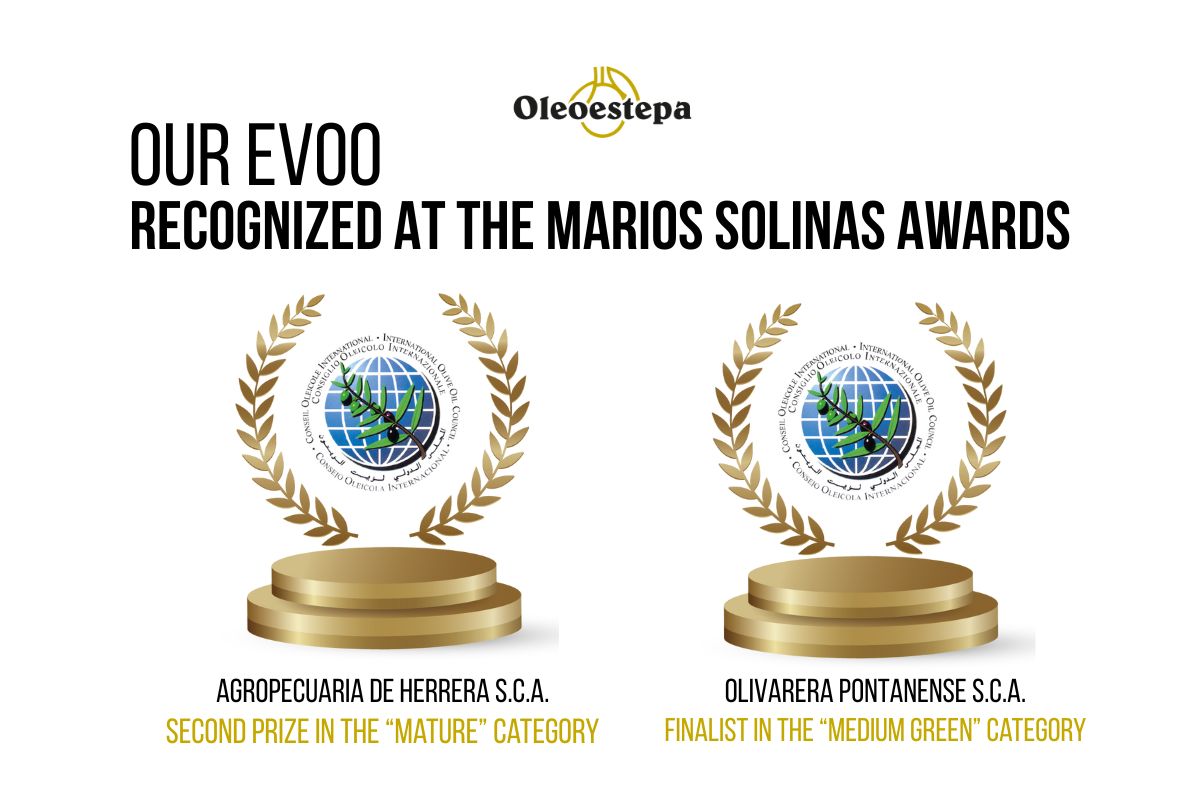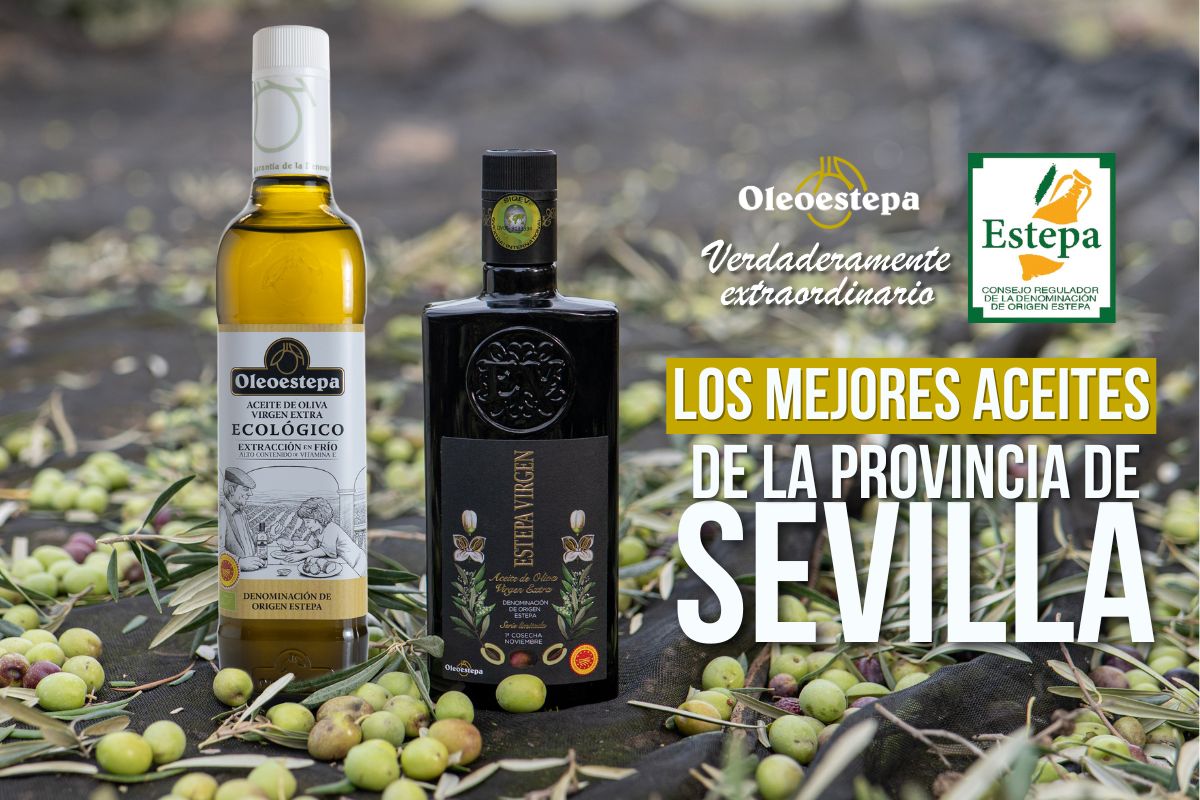Those of us lucky enough to live around the Mediterranean Sea have a very close relationship with a tree: the olive tree. In fact, it has been a fundamental part of Mediterranean culture for more than 2,000 years.
This intimate link over the centuries with the inhabitants of the Mediterranean arc, the main olive oil producing area, and the intense consumption of its fruit, the olive, and its juice, the oil, leads us to believe that there is widespread knowledge of its origins, particularities, benefits and recommended uses.
Unfortunately this is not the case. For various reasons that we are not going to discuss here, there are many myths and falsehoods that are present in society about olive oil, negatively affecting a greater consumption of the healthiest vegetable fat, as has been proven by the numerous scientific studies that have been carried out.
Here is our little grain of sand to clear up doubts and help to deepen the culture of extra virgin olive oil, also known as EVOO.
-
Does heating extra virgin olive oil diminish its health benefits?
Many people claim that extra virgin olive oil should only be used for salads or raw. It should never be heated as it reduces its health benefits. This is false.
Cooking with olive oil actually makes meals healthier. For example, a study published in the journal Food Chemistry showed that olive oil introduces phenols and antioxidants into vegetables when cooked.
-
Is extra virgin olive oil good for frying?
It is common in recipe books not to recommend the use of extra virgin olive oil when frying because of its low smoke point. False.
Several studies have shown that extra virgin olive oil is the most stable cooking oil when heated, thanks to its high polyphenol content, which stabilises and protects the oil when it is subjected to high temperatures. This is why it is the most recommended for healthy frying.
-
Is genuine extra virgin olive oil the kind that solidifies in the fridge?
Some olive oil “gurus” recommend putting extra virgin olive oil in the fridge to verify its purity and high quality when it becomes cloudy or solidifies.
This is false. There is no home test to check the authenticity of olive oil. Some oils turn cloudy in the refrigerator and some do not. The quality of a virgin olive oil is checked by physical, chemical and multi-residual analyses carried out by an accredited laboratory and a sensory analysis carried out by a panel test approved by the International Olive Oil Committee (IOC).
-
Does the green colour of the oil indicate its quality?
A large number of consumers think that a very green colour indicates the high quality of the olive oil, the more intense the colour, the better the flavour. This is false.
The colour is not an indicator of the quality of olive oil. In fact, it varies from a pale yellow to a dark green colour, depending on the variables of the olive tree: the place where it grows, the climate and the time when it is harvested. It even changes in its evolution process from the time it is produced until its best-before date. In short, you can enjoy a magnificent extra virgin olive oil with straw-coloured tones or find intense green oils with defects.
-
Are all olive oils equally healthy?
“What difference does it make to take olive oil or extra virgin olive oil if they have the same properties” say many consumers when choosing their vegetable fat. This is not true.
Extra virgin olive oil is pure olive juice, with no defects whatsoever, and has the most health-giving properties, which increase the higher the quality of the oil. This has a lot to do with its polyphenol and oleocanthal content. We must not forget that olive oil is the result of the mixture of refined oil and virgin olive oil, which gives it colour, flavour and health properties.
-
Does olive oil expire or does it improve with time, like wine?
Some people think that olive oil expires, others think that over time it takes on attributes, becoming richer, like wine. In both cases this is false.
Olive oil does not expire. Its label does not mark an expiry date, but a best-before date. In other words, it is not harmful to the organism if the oil is consumed after the best-before date, but its qualities will deteriorate due to progressive oxidation and rooting. As juice, extra virgin olive oil gradually loses its properties and at a certain point defects begin to appear. It is at this point that it ceases to be extra virgin olive oil. Therefore, the date that appears on the back label of a bottle of extra virgin olive oil indicates the latest date by which its content maintains its properties as an irreproachable juice, without any defects whatsoever.
-
Is olive oil with higher acidity better?
There is widespread confusion about the acidity of olive oil. In fact, many consumers (usually olive oil consumers) believe that olive oils with higher acidity are more intense than those with lower acidity. FALSE.
Acidity is a chemical parameter that has nothing to do with taste, it indicates the amount of fatty acids that deteriorate by degradation or fermentation in the raw material. In other words, the higher the acidity, the lower the quality, without affecting the taste. This is why you can find two extra virgin olive oils with the same acidity, but with very different flavours, both of which must have less than 0.8%. In the case of extra virgin olive oils protected under a Designation of Origin, this requirement drops to 0.3%.
-
Is olive oil fattening?
If you have reduced or discarded olive oil from your regular diet because of the belief that it is fattening, you are wrong. FALSE.
Among the many other healthy properties of extra virgin olive oil is its satiating capacity, reducing that irrepressible urge to eat without measure.
Likewise, its high content of healthy fats facilitates the transformation of food, favouring digestion.
-
Is consuming olive oil good for the heart?
Many people, especially those with cardiovascular problems, reduce their consumption of olive oil because they think that olive oil, being a fat, cannot be good for the heart. FALSE.
As a fundamental pillar of the Mediterranean Diet, extra virgin olive oil has beneficial effects associated with its regular consumption, demonstrated by many studies, including the Predimed project.
-
Is cold extraction of olive oil the same as first pressing?
When we point out that our oils are cold-extracted, many consumers think that this is the same as first cold pressing. FALSE.
Cold pressing was done in old mills with presses in which an olive paste was pressed without heating. Nowadays, thanks to new technologies, the juice is obtained from the olives by extraction through mixers and centrifuges that separate the oil from the olive paste. If the whole process is carried out at less than 27ºC, the properties of the resulting oil remain unalterable.





